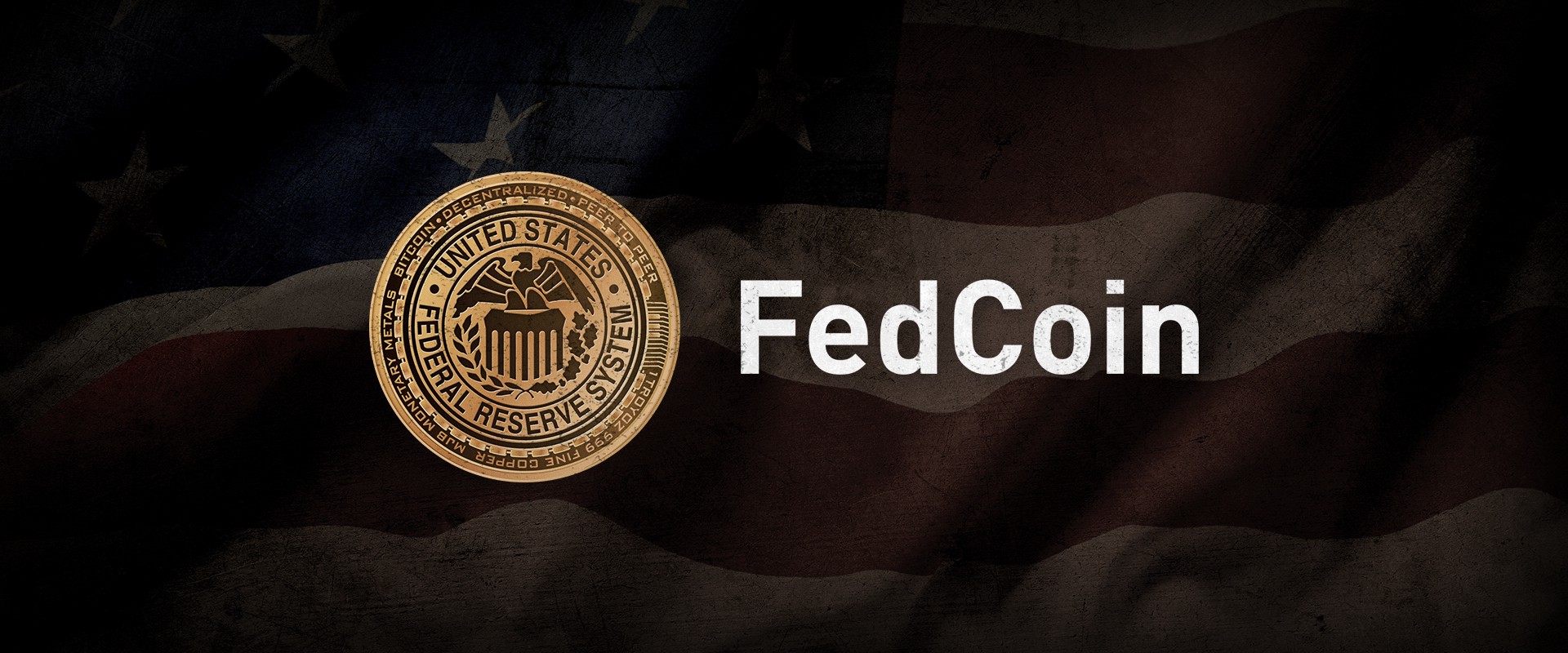PALO ALTO, Calif. (Reuters) - The Federal Reserve is looking at a broad series of issues around digital payments and currencies, including policy, design and legal factors to consider around potentially issuing its own digital currency, Guv Lael Brainard said on Wednesday. Brainard's remarks recommend more openness to the possibility of a Fed-issued digital coin than in the past." By transforming payments, digitalization has the prospective to provide greater worth and benefit at lower expense," Brainard said at Click here! a conference on payments at the Stanford Graduate School of Business.
Main banks internationally are Check out the post right here debating how to manage digital financing innovation and the dispersed journal systems used by bitcoin, which guarantees near-instantaneous payment at potentially low expense. The Fed is establishing its own round-the-clock real-time payments and settlement service and is currently reviewing 200 remark letters sent late in 2015 about the proposed service's design and scope, Brainard stated.

Less than two years ago Brainard informed a conference in San Francisco that there is "no compelling demonstrated need" for such a coin. However that was before the scope of Facebook's digital currency aspirations were commonly known. Fed officials, including Brainard, have actually raised concerns about consumer protections and data and personal privacy risks that could be presented by a currency that might enter usage by the 3rd of the world's population that have Facebook accounts.
" We are teaming up with other reserve banks as we advance our understanding of central bank digital currencies," she said. With more countries looking into releasing their own digital currencies, Brainard said, that adds to "a set of reasons to likewise be making sure that we are that frontier of both research study and policy advancement." In the United States, Brainard said, issues that https://jeff-brown-5g-devices.lifeinsurancehoustontx.com require study include whether a digital currency would make the payments system safer or easier, and whether it might position financial stability threats, including the possibility of bank runs if money can be turned "with a single swipe" into the main bank's digital currency.
To counter the monetary damage from America's extraordinary national lockdown, the Federal Reserve has actually taken extraordinary steps, including flooding the economy with dollars and investing straight in the economy. The majority of these moves got grudging approval even from lots of Fed skeptics, as they saw this stimulus as required and something only the Fed might do.
My brand-new CEI report, "Government-Run Payment Systems Are Risky at Any Speed: The Case Against Fedcoin and FedNow," details the dangers of the Fed's current prepare for its FedNow real-time payment system, and proposals for main bank-issued cryptocurrency that have been dubbed Fedcoin or the "digital dollar." In my report, I discuss issues about personal privacy, data security, currency control, and crowding out private-sector competitors and development.
Advocates of FedNow and Fedcoin state the government needs to create a system for payments to deposit immediately, instead of encourage such systems in the personal sector by lifting regulatory barriers. But as noted in the paper, the personal sector is supplying a seemingly unlimited supply of payment technologies and digital currencies to solve the problemto the degree it is a problemof the time space between when a payment is sent and when it is gotten in a savings account.
And the examples of private-sector development in this location are many. The Cleaning House, a bank-held cooperative that has actually been routing interbank payments in various kinds for more than 150 years, has actually been clearing real-time payments considering that 2017. By the end of 2018 it was covering half of the deposit base in the U.S.